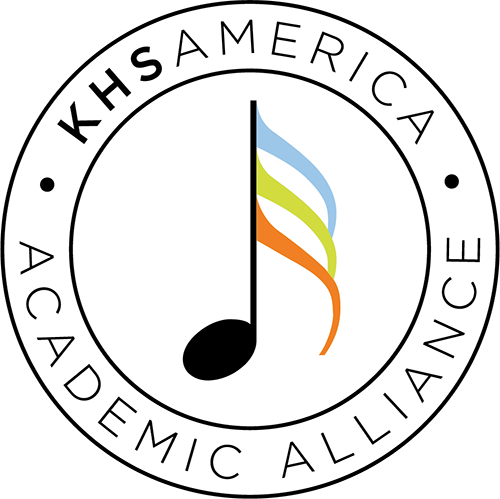Of all the incredibly significant things we need to teach, or more importantly, help our students understand, learning the meaning of beauty – in music – must number near the top of the list. I know it is vital that each of my students come to understand what beauty is, but just writing those words makes me uncomfortable. Who decides? What is beauty? I’m remembering back to the very last course I had to take in graduate school: aesthetics. The study of the beautiful. It was grueling, daunting, intimidating, and overwhelming. We were challenged to learn what made something musically beautiful through the ages and why. The end of the semester came (not a minute too soon!), and after hearing hours and hours of lectures, and reading tomes and tomes about beauty by scholars and people far more learned than I could ever hope to be, still doubting I understood anything, I worked up the courage to ask my professor a simple question: “What makes music beautiful?” With great disdain in his voice, he proceeded to tell me how stupid I was. The truth of that aside, he still didn’t answer the question, but his inability to do so really helped me. I realized I would have to help my students decide for themselves, and that my job was to give them the tools to do just that.
So maybe what’s most important is for us to continue to expose our students to many types, periods, styles, and genres of music so that they can experience as many of them as possible. As well, for us to give them the tools to understand and assess qualities and attributes of what they perform or hear so that they can develop their own learned, informed opinion of what is beautiful. For us to help them develop the technical skills necessary to reach moments of “beauty” in their solo and ensemble playing. And for us to share with them, and celebrate, when we hear beauty, especially in their music-making, thus guiding them along that path to understanding what they think is beautiful. Yes, beauty is in the eye of the beholder, but I think we can all agree that there is so much more to it than that!
Peter Loel Boonshaft, Director of Education
KHS America
The content of this Blog article or Banded Story is the intellectual property of the author(s) and cannot be duplicated without the permission of KHS America and/or the author(s). Standard copyright rules apply.



 We look forward to the evolution of this exciting program, and welcome feedback on how we can further enhance the work that you do in music education.
We are excited to offer your program the opportunity to join the KHS America Academic Alliance today.
We look forward to the evolution of this exciting program, and welcome feedback on how we can further enhance the work that you do in music education.
We are excited to offer your program the opportunity to join the KHS America Academic Alliance today.